Ljajić dismisses Mladić speculation
The final solution for Serbia’s cooperation with the Hague Tribunal is Ratko Mladić extradited to the Hague, Rasim Ljajić says.
Monday, 19.01.2009.
12:18

The final solution for Serbia’s cooperation with the Hague Tribunal is Ratko Mladic extradited to the Hague, Rasim Ljajic says. This, the president of the country's committee set up to organize cooperation with the UN war crimes court continued, is what the government’s action team is working on. Ljajic dismisses Mladic speculation Speaking for Tanjug on Sunday, Ljajic said that there are activities implemented every day in an effort to complete Serbia’s obligations and that they will be dominant in the coming days. Ljajic said that all activities are turned towards that goal and that “there is no one” who can claim with certainty that Mladic is currently located in Serbia. “We are not denying that he is here, but no one can claim that he is with certainty,” Ljajic said, adding that the action team is working every day in search of a trail that would lead to the Hague fugitive. He said that cooperation with neighboring countries is good, as is cooperation with all other security agencies with which there is a continuous exchange of information. Ljajic, who is one of the action team’s coordinators, said that he is convinced that the arrest of Mladic would not result in any reactions from citizens and that there would be even less upheaval than when Radovan Karadzic was arrested. He said that there are two reasons for that – one being that the Serb Radical Party (SRS) which organized those protests no longer has the strength it had then, and that despite all animosity towards the Tribunal, most citizens “have had enough of talk regarding the Hague Tribunal and cannot wait for it to end.” Ljajiic said recent speculation that Mladic has already been arrested and that the government is waiting for the right moment to extradite him to the Hague is "utterly out of place". “We are working on two parallel tracks," he continued, and added that some dilemmas about Mladic’s movement in the period up until 2006, when he was hiding in apartments and military buildings in Belgrade and around Serbia, had been resolved. Ljajic said that because of this, the picture of how Mladic was moving has been completed, which is important in the attempts to find and arrest all those who are offering assistance to the former leader of the Bosnian Serbs, indicted for war crimes. “The goal of these activities is to determine whether Mladic has a new network of helpers, and how to get to that network. If it exists, there are definitely not many people in it. I think that there are a few people surrounding Mladic, because the more people there are, the greater the chance for someone to make a mistake,” Ljajic said. He added that there was no reason for the money reward posters, recently put up on MUP stations across Serbia, to become an issue in the media. The action team does not believe that the posters will solve the problem, but it is a measure taken to demonstrate the political readiness of the state to cooperate with the tribunal, Ljajic said. According to him, media reports about the Hague fugitives are "often harmful but sometimes useful", depending on the atmosphere the stories create—whether they are portrayed as heroes or traitors. He said that the public opinion is usually split, but that recently some polls have shown that more people in Serbia supporting the extradition of Hague fugitives. As far as communication with the tribunal and the prosecution is concerned – where Ljajic's style is described as "often critical and strongly-worded" – he said that he always says what he thinks, but that he "thinks long and hard about his statements before giving them". “I am always guided by truth and arguments, but that sometimes has damaging effects for me personally. My reactions to the tribunal and prosecution are always well-argumented and civil,” he said, adding that Serbia does not have a problem with the tribunal, but with the stance of the Netherlands.
Ljajić dismisses Mladić speculation
Speaking for Tanjug on Sunday, Ljajić said that there are activities implemented every day in an effort to complete Serbia’s obligations and that they will be dominant in the coming days.Ljajić said that all activities are turned towards that goal and that “there is no one” who can claim with certainty that Mladić is currently located in Serbia.
“We are not denying that he is here, but no one can claim that he is with certainty,” Ljajić said, adding that the action team is working every day in search of a trail that would lead to the Hague fugitive.
He said that cooperation with neighboring countries is good, as is cooperation with all other security agencies with which there is a continuous exchange of information.
Ljajić, who is one of the action team’s coordinators, said that he is convinced that the arrest of Mladić would not result in any reactions from citizens and that there would be even less upheaval than when Radovan Karadžić was arrested.
He said that there are two reasons for that – one being that the Serb Radical Party (SRS) which organized those protests no longer has the strength it had then, and that despite all animosity towards the Tribunal, most citizens “have had enough of talk regarding the Hague Tribunal and cannot wait for it to end.”
Ljajiić said recent speculation that Mladić has already been arrested and that the government is waiting for the right moment to extradite him to the Hague is "utterly out of place".
“We are working on two parallel tracks," he continued, and added that some dilemmas about Mladić’s movement in the period up until 2006, when he was hiding in apartments and military buildings in Belgrade and around Serbia, had been resolved.
Ljajić said that because of this, the picture of how Mladić was moving has been completed, which is important in the attempts to find and arrest all those who are offering assistance to the former leader of the Bosnian Serbs, indicted for war crimes.
“The goal of these activities is to determine whether Mladić has a new network of helpers, and how to get to that network. If it exists, there are definitely not many people in it. I think that there are a few people surrounding Mladić, because the more people there are, the greater the chance for someone to make a mistake,” Ljajić said.
He added that there was no reason for the money reward posters, recently put up on MUP stations across Serbia, to become an issue in the media.
The action team does not believe that the posters will solve the problem, but it is a measure taken to demonstrate the political readiness of the state to cooperate with the tribunal, Ljajić said.
According to him, media reports about the Hague fugitives are "often harmful but sometimes useful", depending on the atmosphere the stories create—whether they are portrayed as heroes or traitors.
He said that the public opinion is usually split, but that recently some polls have shown that more people in Serbia supporting the extradition of Hague fugitives.
As far as communication with the tribunal and the prosecution is concerned – where Ljajić's style is described as "often critical and strongly-worded" – he said that he always says what he thinks, but that he "thinks long and hard about his statements before giving them".
“I am always guided by truth and arguments, but that sometimes has damaging effects for me personally. My reactions to the tribunal and prosecution are always well-argumented and civil,” he said, adding that Serbia does not have a problem with the tribunal, but with the stance of the Netherlands.










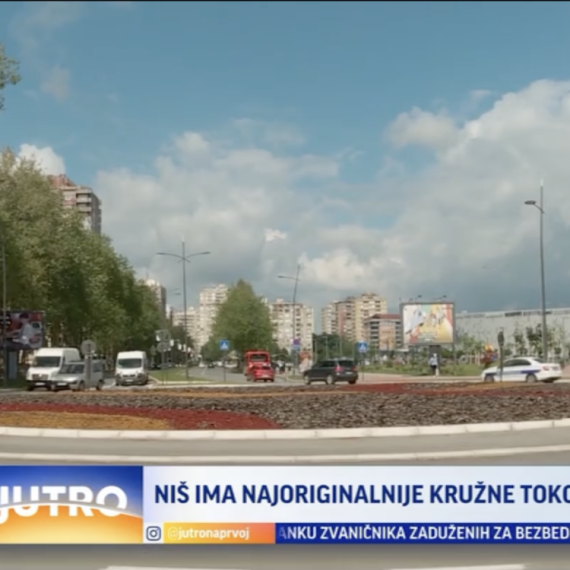
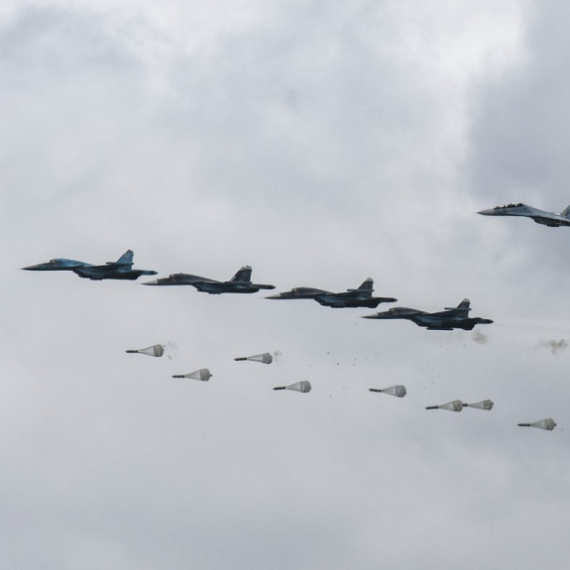



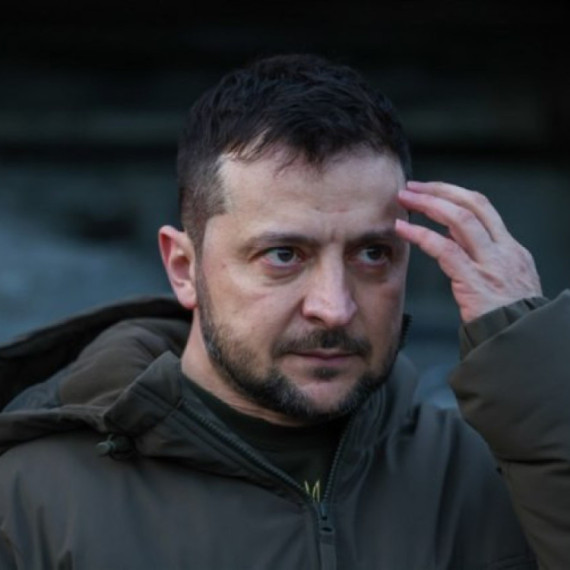
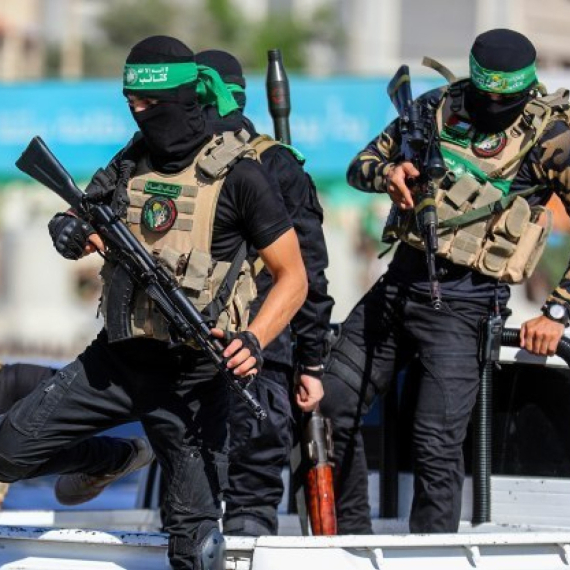
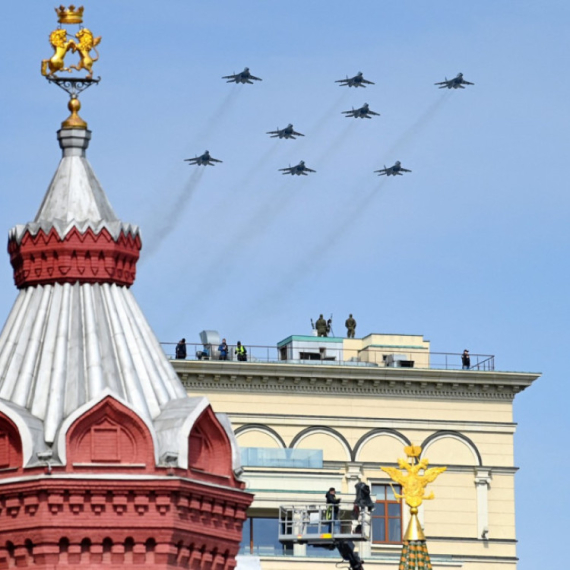





















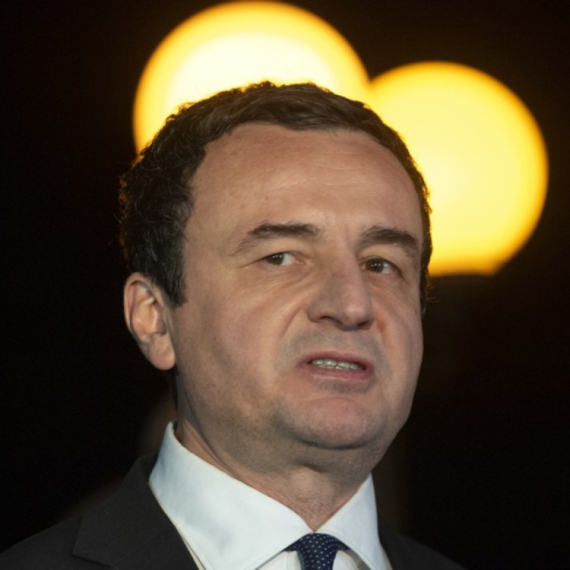















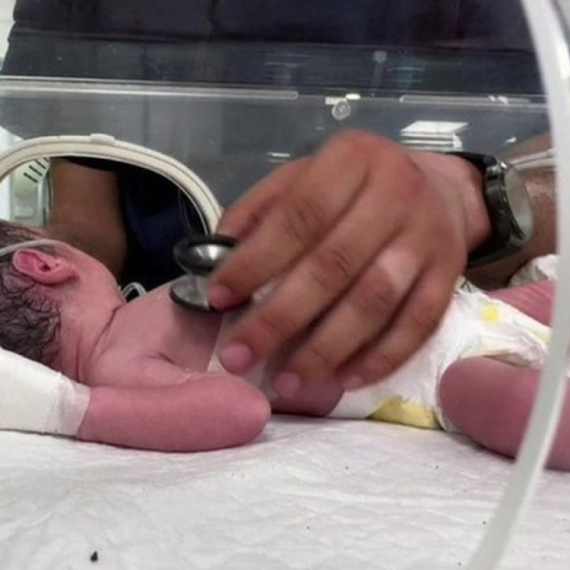


Komentari 3
Pogledaj komentare